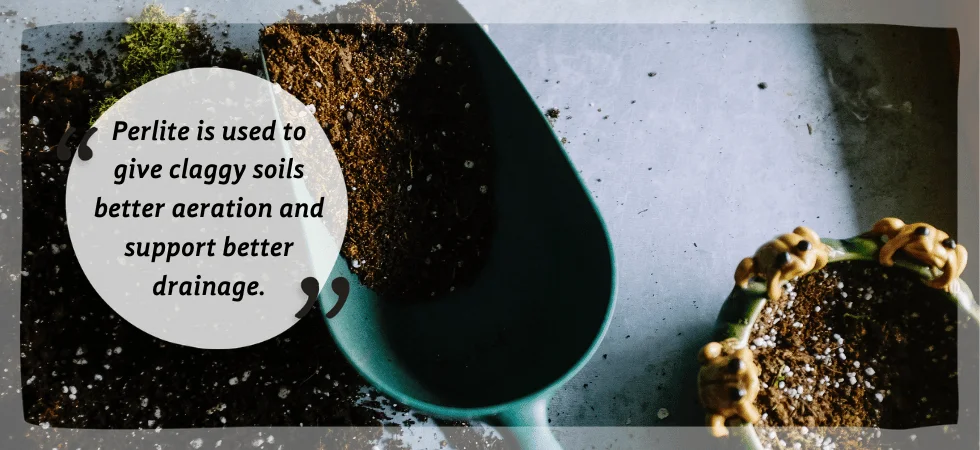Nov . 19, 2024 21:54 Back to list
msds petroleum coke factory
Understanding MSDS for Petroleum Coke Safety and Industrial Applications
Petroleum coke, often referred to as petcoke, is a byproduct of the oil refining process and is primarily used in energy production and as a carbon source in various industrial applications. With growing industrial usage, the importance of understanding its properties and handling procedures becomes essential. The Material Safety Data Sheet (MSDS) for petroleum coke offers crucial information regarding its handling, storage, health, and safety measures.
Overview of Petroleum Coke
Petroleum coke is a solid carbon material derived from oil refining. It is produced through the thermal decomposition of heavy crude oils in a coker unit. The resulting petcoke can be of various grades—green (untreated), calcined, and needle coke—each serving different purposes and industries. Green petcoke is rich in sulfur, while calcined petcoke has undergone a thermal processing that enhances its conductivity and is preferred in the aluminum industry and for making electrodes. Needle coke, known for its highly ordered crystalline structure, is mainly used to produce graphite electrodes.
Importance of MSDS
An MSDS is an essential document that provides information on the properties of a particular substance. For petroleum coke, the MSDS serves several pivotal functions
1. Identification The MSDS identifies petroleum coke by its chemical name and provides details about its physical and chemical properties, including appearance, odor, and solubility.
2. Hazard Identification This section highlights potential hazards associated with petcoke, including physical and health risks. Petcoke can produce dust when handled, which may cause respiratory issues if inhaled. It may also pose risks of skin irritation upon contact.
3. First Aid Measures The MSDS outlines necessary first aid measures in case of exposure. For inhalation, it recommends moving the affected person to fresh air, while skin contact requires rinsing with water. It is crucial to seek medical attention if symptoms persist.
msds petroleum coke factory

4. Fire-Fighting Measures Petroleum coke is flammable, and the MSDS outlines suitable fire extinguishing media, such as foam, dry chemical powder, or carbon dioxide. It also provides guidance on how to handle fires safely and how to protect team members in an emergency.
5. Accidental Release Measures The MSDS describes protocols for accidental spills or releases. Measures typically include containment to prevent environmental contamination and the proper methods for cleanup, which may involve using appropriate personal protective equipment (PPE).
6. Handling and Storage Proper handling and storage practices are vital to minimize health risks and environmental impact. The MSDS recommends storing petcoke in a dry place away from heat sources, while operators should ensure adequate ventilation during handling to reduce dust accumulation.
Health and Safety Considerations
Working with petroleum coke requires adherence to safety protocols due to its potential health effects. Employing PPE, including dust masks, goggles, and gloves, is essential when handling the material to prevent inhalation or skin contact. Regular training for workers on safety measures and emergency response is critical in maintaining workplace safety.
Environmental Impact
The production and handling of petroleum coke also present environmental considerations. The MSDS addresses waste disposal and environmental risks, emphasizing the need to manage byproducts responsibly to mitigate pollution and adhere to local regulations.
Conclusion
Understanding the MSDS for petroleum coke is paramount for industries that utilize this material. It not only ensures compliance with safety regulations but also reinforces the commitment to workplace safety and environmental protection. As the demand for petroleum coke grows, so does the responsibility of manufacturers and handlers to educate their workforce on the risks involved and to implement appropriate measures to mitigate these risks. By prioritizing safety and health, industries can harness the benefits of petroleum coke while minimizing its potential hazards.
-
Eco-Friendly Granule Covering Agent | Dust & Caking Control
NewsAug.06,2025
-
Fe-C Composite Pellets for BOF: High-Efficiency & Cost-Saving
NewsAug.05,2025
-
Premium Tundish Covering Agents Exporters | High Purity
NewsAug.04,2025
-
Fe-C Composite Pellets for BOF | Efficient & Economical
NewsAug.03,2025
-
Top Tundish Covering Agent Exporters | Premium Quality Solutions
NewsAug.02,2025
-
First Bauxite Exporters | AI-Optimized Supply
NewsAug.01,2025
